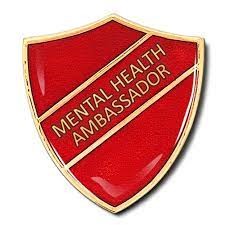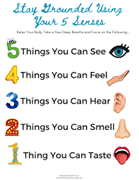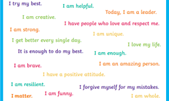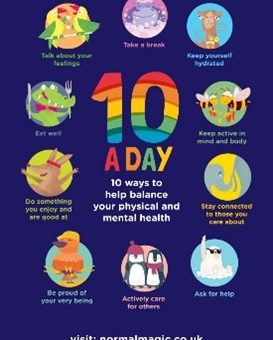Mental Health Ambassadors
Looking after the mental health and wellbeing of children and adults is an important focus at HPS. We teach children about how they can look after, and understand their own mental health during PSHE (Jigsaw) lessons. To support child and parent mental health, we are sharing these resources. If you require any further information or support, please contact a member of our Pastoral team, via admin@heathcoat.devon.sch or by phoning the school direct.
Supporting Children’s Mental Health:
- Young Minds Parents Lounge – Help for Parents
- Young Minds – Parents Help Finder
- NHS – Children’s Mental Health
- Place2Be – Supporting Your Child’s Mental Health
Wellbeing and Self care:
- Red Cross – Wellbeing Activities Being Kind to Yourself
- ‘10 a day’ choices towards balancing our mental health
If you are concerned for your mental health and would like to speak to someone urgently contact:
Samaritans
24hr helpline 116 123 FREE
GP or NHS Crisis Team (call NHS 111 for local team)
https://www.rethink.org/aboutus/what-we-do/advice-and-information-service/get-help-now/
“ I want people to feel happy because of the beautiful world we’ve got”- Wyatt
“If someone has no one to play with, they can always play with me.”- Amelia
“I would like to make a difference”- Katie



Why do schools have MHAs?
Being a Mental Health Ambassador gives young people a sense of belonging and connection, builds skills for them to develop positive peer relationships, develops empathy and improves outcomes including resilience and self-esteem.
How did we choose our MHAs?
The children were all given an opportunity to write a short letter applying to be a MHA, explaining why they would like to become a Mental Health Ambassador. It was difficult to choose between them, as so many children wanted to help others and to make a difference.
What do the MHAs do?
The MHAs help each other and all pupils at school to be mentally healthy and to be aware of good choices for their mental health.
What training do the MHAs have?
The MHAs have regular workshops with the Pastoral Leader, who gives them short training sessions on grounding techniques and other skills to support themselves and others. They can then use these skills at playtimes and in the classroom, to make our school a happy place for everyone!

